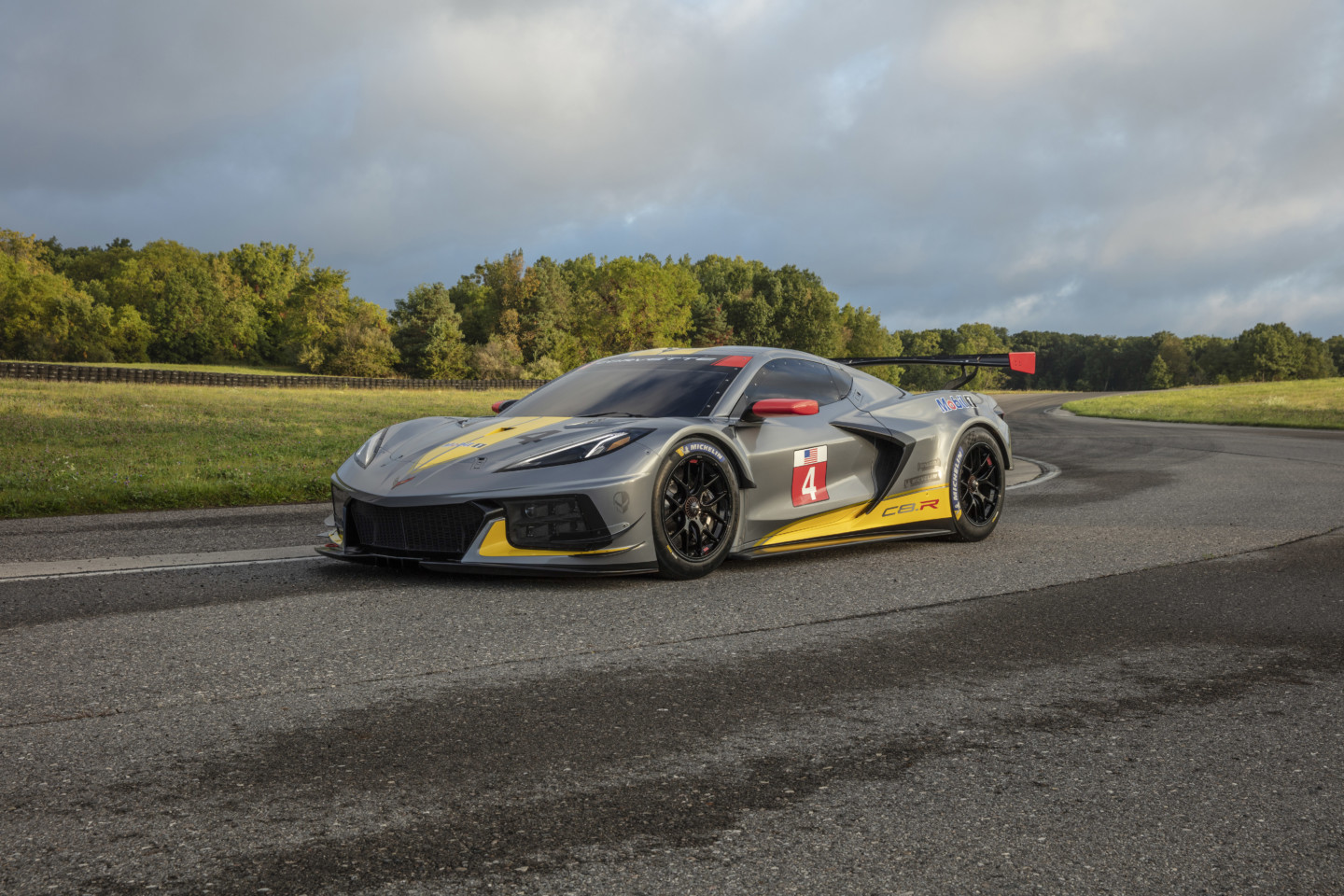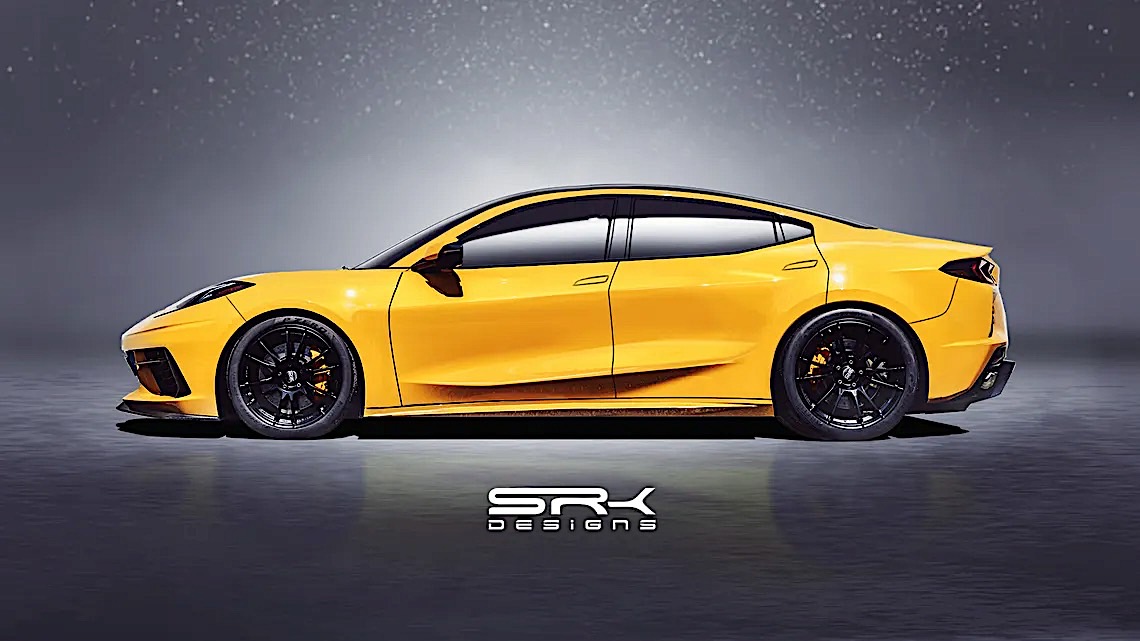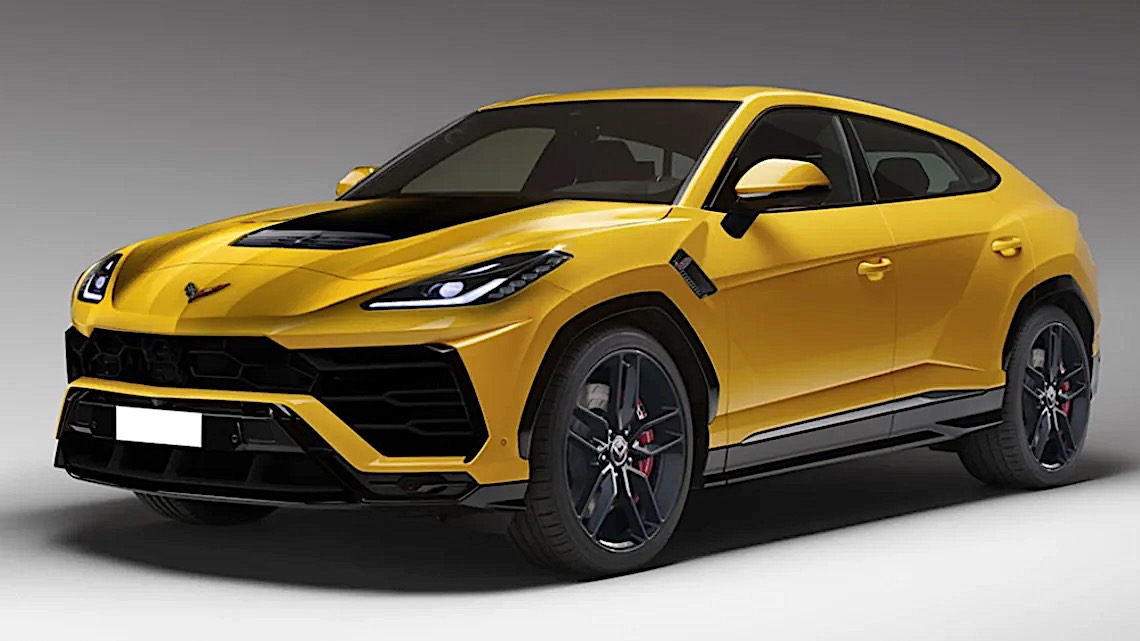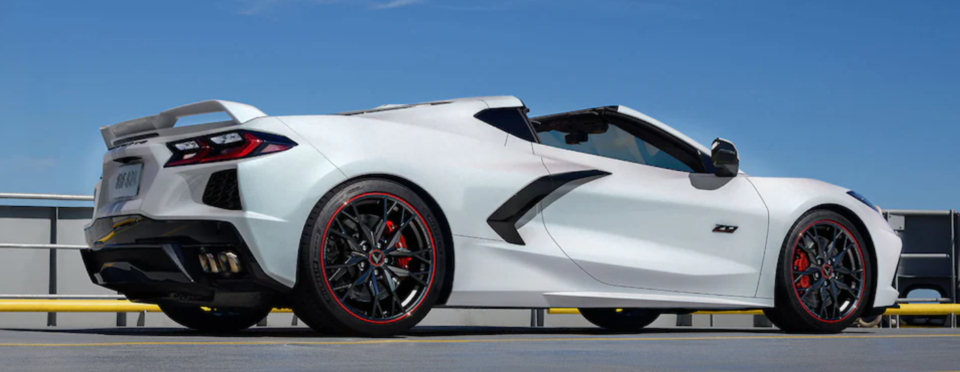While upholding the Chevrolet nameplate, the Corvette has become widely recognized and beloved as America’s sports car since its first iteration in 1953, securing its place as the halo car for the company for eight generations.
Following the success of the C8 generation, GM President Mark Reuss has confirmed two new high-performance models being added to the line-up, the C8 ZR1, and C8 Zora. The ZR1 will sport a turbocharged 5.5-liter V8 LT7, boasting around 850 horsepower and 850 lb-ft of torque. The flagship Zora model, on the other hand, will top the C8 Corvette line-up with a twin-turbo V8 hybrid powertrain and an expected output of over 1,000 horsepower delivered to all four wheels. The Zora is sure to blow away the competition. A new electric variant of the C8 was also mentioned, deemed the E-Ray for the electric car lovers out there.

Will the new C8 ZR1 and Zora models resemble the factory C8.R race car? We’d be happy if they did, but only time will tell. Image courtesy of General Motors.
What does this mean in the greater scheme of things? GM has no intentions of slowing the development of the Corvette, with many variants of the C8 being announced regularly. This has led to the decision to take the Corvette name out from under the Chevrolet umbrella and create an entire sub-brand to house several different vehicle types. Allegedly, plans are on course to ensure Corvette is its own brand by 2025, including the introduction of not only the before-mentioned electric Corvette but also a four-door model as well as a performance crossover.

A Corvette sedan like the one rendered here by SRK Designs could very well compete with Porsche, Audi, Mercedes-Benz, and others in that segment.
GM certainly is trying to be innovative with the Corvette brand. This was already evident in 2020 when the C8 became a mid-engine sports car, whereby every iteration before it had a front-engine layout. This innovation culture will extend to the new sub-brand to stand out from the crowd. Sources say that Corvette’s electric vehicles (EVs) will have high-end hardware and software, four-wheel steering, efficiency-oriented inverters, a patented cooling system, torque vectoring, two-speed transmissions, and 350 watts of charging capability with an 800-volt electric system.

The possibilities are almost endless. This Corvette SUV rendering is based on the Urus super sport SUV. Image courtesy of Kleber Silva via Behance.com
Corvette is seemingly targeting industry leaders such as Audi’s E-Tron GT and Ford’s Mustang Mach-E. Having the well-known Corvette name will undoubtedly assist GM in easing its line-up to an EV-focused range, capitalizing on the consumers’ love for the brand. However, V8 fans have no reason to fear yet. Even though the world is largely moving towards EV mobility, Corvette doesn’t seem to be halting the production of V8 sports cars just yet.
As Lexus is a premium sub-brand of Toyota, Corvette will likely follow suit as being a more premium counterpart of Chevrolet, which won’t come cheap. The brand would focus on quality, performance, innovation, and exclusivity rather than affordability and large sales volumes, therefore targeting a higher-income market than what Chevrolet usually might.



















